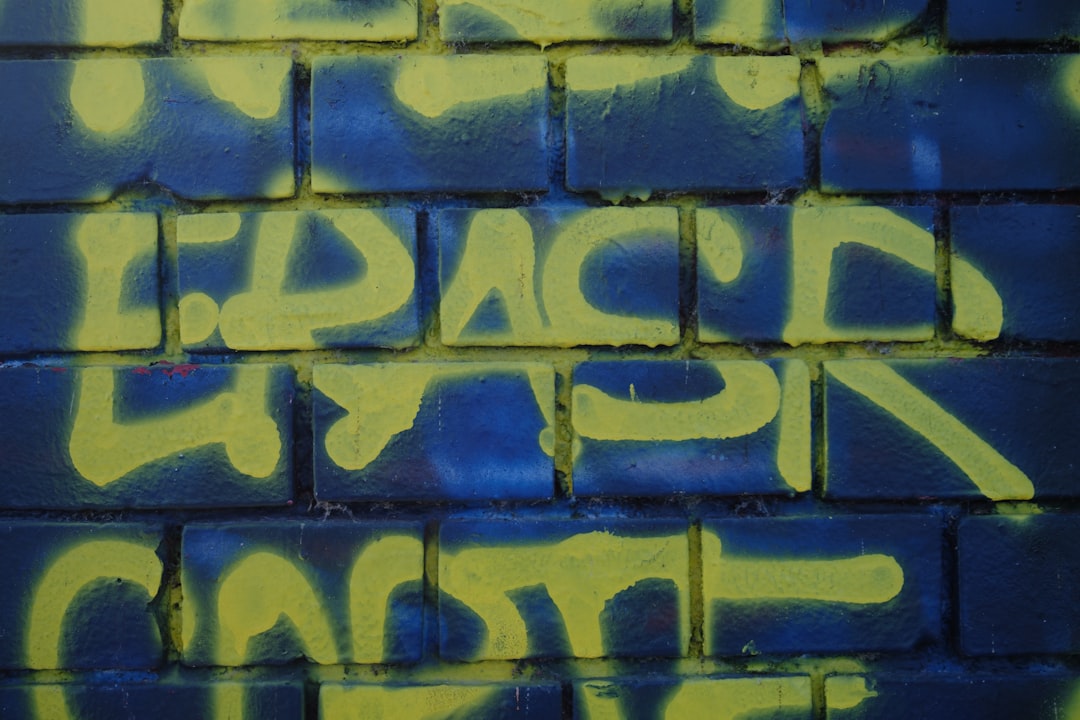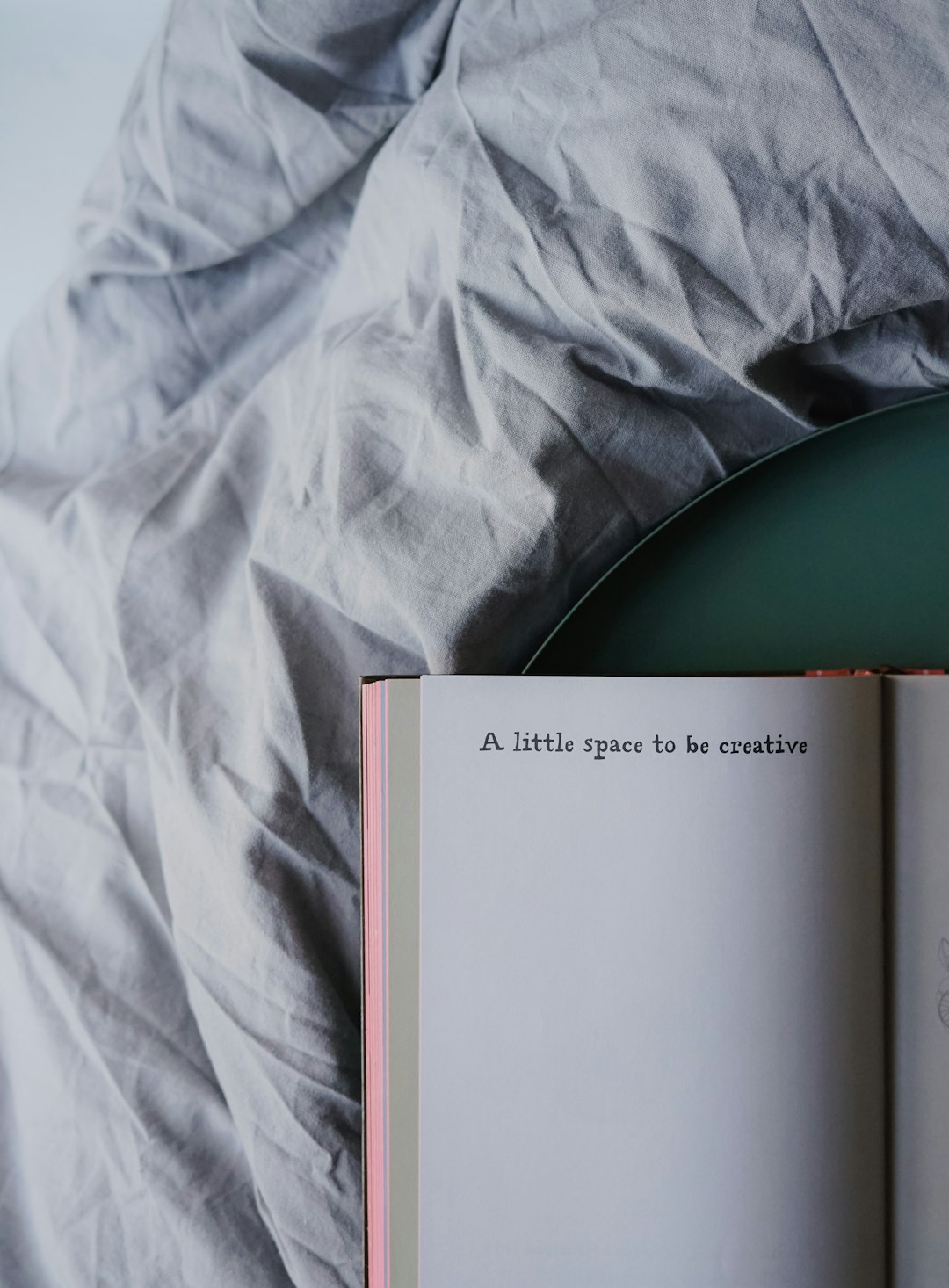Backspace
A guest post by Jan Gunter

The most powerful tool I have found as a writer is the eraser. No matter its form – backspace or trashcan – deleting the hundreds of words I spent hours fussing over has rarely been the wrong decision.
My poor memory is the second most powerful tool I have, and it comes in use in these times of frustration. As I scramble to write what I remember, only the clearest part of my work remains in my mind. The most important images linger on the edge of my peripherals, and with the adrenaline rush that comes with ruining your art, I pen down what I see.
When you are in the bustling world of your own mind, though, it can be difficult to pluck the details necessary from each other. They cling to one another with stringy strands of muscle, like meat. It’s the writer’s job to butcher the scene into halves and quarters and to toss the inedible, unpalatable rubbish in the bin.

Writers have a unique relationship with hindsight in this way. We can leave our notebooks, our documents, our entire computers untouched for months if we want – years, if that’s what it calls for – while other professionals are crunched under the pressure of the clock. There is no end to the writer’s day. While our work is inescapable, suffocating, because of this, it is also completely under our control.
Of course, it takes a practiced writer to be able to wrangle creativity. That abstract thing reigns supreme as the boss of most writers, but a boss is nothing without his employees. Consider deleting your work a way to picket a strike against your cruel, capitalist overlord: Creativity. Even better, Creativity is an easy boss to sway. When you raise the wrong end of the pencil at him, he’ll sigh and give in almost every time. You know he has when the hundreds of fumbling, disjointed letters you wrote finally condense themselves into smooth-as-honey prose.

I’ve crafted some of my most memorable sentences this way. The oddest similes and metaphors come to you when you’ve let your words run wild and force Creativity to work with the stragglers who couldn’t keep up.
About the author:
Jan Gunter is a creative freelancer from Ohio who has been writing their entire life from experiences, wishes, and dreams.


